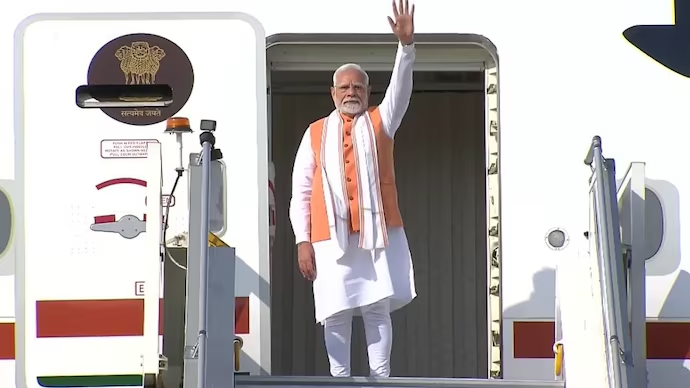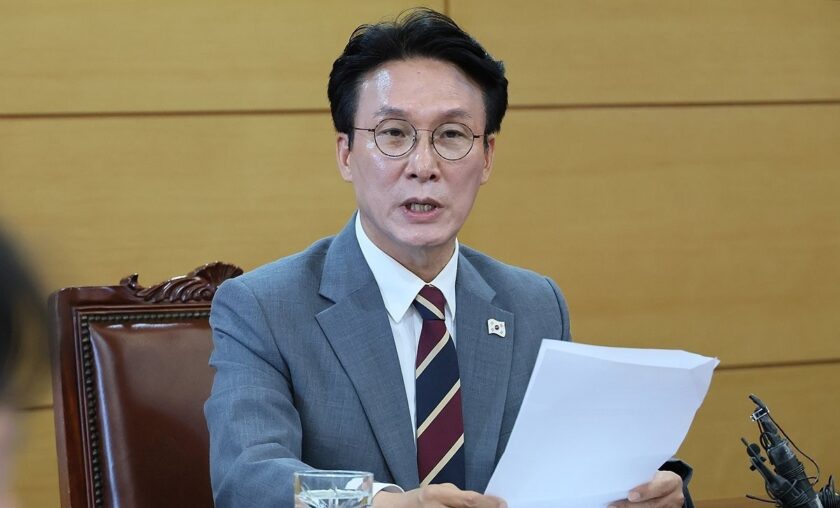Dhaka: The protests in Bangladesh, which have been escalating since June 2024, were sparked by widespread dissatisfaction with a government job quota system. This system reserved a significant percentage of government jobs for the descendants of those who fought in Bangladesh’s 1971 war of independence. Many students and young people viewed this quota as discriminatory and demanded a merit-based system instead.
The situation intensified when the Supreme Court reinstated the quota system, overturning a previous government decision to scrap it following protests in 2018. This led to massive student-led demonstrations across the country, which were met with violent crackdowns by security forces, resulting in over 200 deaths, including children and bystanders.
Prime Minister Sheikh Hasina resigned and fled the country on August 5, 2024, amid the chaos, marking the end of her 15-year rule. Her resignation came after a particularly deadly weekend of protests that saw nearly 100 people killed in clashes with security forces. The protests highlighted broader issues of economic mismanagement, rising unemployment, and authoritarian governance.

The protests have also drawn international condemnation for the government’s use of excessive force, including live ammunition against unarmed protesters. The UN and various human rights organizations have called for an end to the violence and the protection of children and other vulnerable groups involved in the protests.






